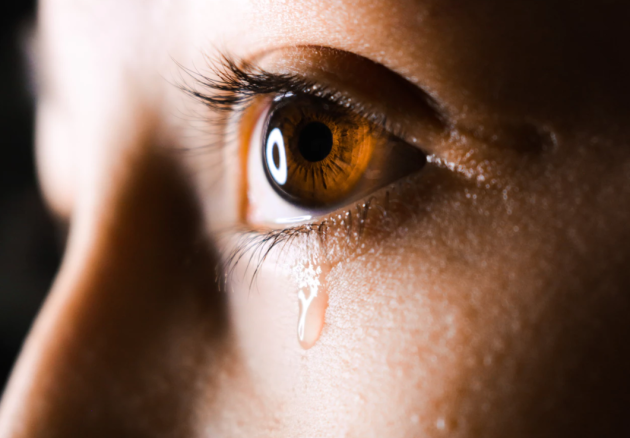
1-in-3 third level students are experiencing anxiety or depression
Nearly two-in-five third-level students are experiencing serious levels of anxiety and depression as a result of stress, a new survey has revealed.
The newly published 'Report on Student Mental Health in Third-Level Education' was compiled by the Union of Students in Ireland (USI), with the support of the HSE Mental Health and the National Office for Suicide Prevention.
Almost one-third of students have been diagnosed with a mental health disorder, with the results painting a worrying picture of the extent of pressures and struggles on the shoulders of Irish students.
The statistics examined the occurrence of mental health distress and ill health among third-level students and the availability and use of mental health support service for young people.

Multiple factors influence depression and anxiety, and women were found to be more likely to suffer anxiety than men. Non-binary students had the highest levels of severe anxiety.
The survey, which was conducted in 2018, was open to students in every college, North and in the Republic, and most of the respondents were undergraduates aged between 18 and 24-years-old.
74 percent of participants were female, and experiences varied largely depending on the type of college attended, the area of study and whether it was inside or outside of Dublin.
One in five of those surveyed identified as LGBTQ+ and just over 1 percent identified as transgender. 38 percent are experiencing extremely severe levels of anxiety, alarmingly.

30 percent of people are reporting suffering from depression and 17 percent are experiencing stress. Almost one-third reported that they had a formal mental health difficulty which was diagnosed.
One of the most distressing points is that 21 percent of participants did not have someone to talk to about personal and emotional difficulties. Free on-campus counselling is imperative for students.
Students were found to use on and off-campus services to aid their mental health, and the student union made 35 percent of students aware of support services.
The study had a large response of 3,340 students, but the findings may not be a full picture of the student population.
The Minister admits feeling sad at reading that only 1% of students reported not feeling lonely and promises to work on improving services at Third Level with her Ministerial Colleagues, with the help of USI https://t.co/fftC0qxGrk #USIMentalHealth pic.twitter.com/bPjlF0B3Ev
— Union Of Students In Ireland (@TheUSI) August 27, 2019
Employment during college was also found to affect students' ability to socialise with their classmates, and those involved in activities outside of coursework had improved mental health.
USI president Lorna Fitzpatrick in Trinity College Dublin said students had provided a vast amount of vital data which would be used to improve mental health services at third level for everyone.
Numerous institutions were found to be problematic in terms of the quality of care offered to students, and a quality assurance tool must be made to ensure consistency between institutions.
Transitioning from secondary school to college is a huge step for all students, and comes at a time when they are most at risk of developing mental health difficulties.










